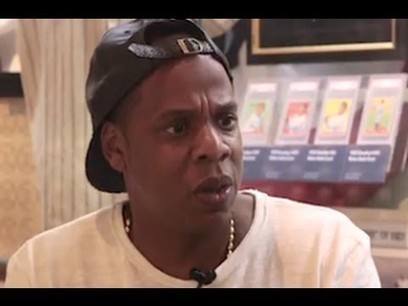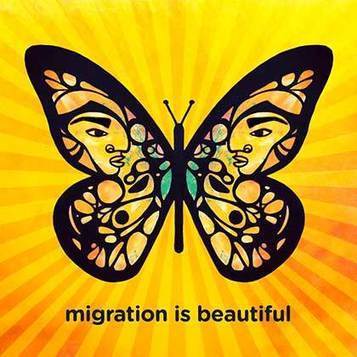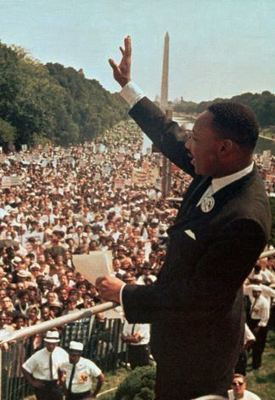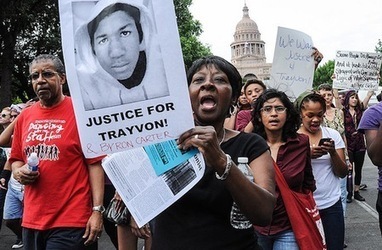“By Silvia L. Mazzula, PhD (Asst. Professor of Psychology at John Jay College of Criminal Justice, CUNY). Dr. Mazzula is also the President-Elect of the Latino Psychological Association of New Jersey.
What kinds of microaggressions do Latinas/os experience?
If you are Latina or Latino, you may have heard comments such as, “Wow, you speak so well… You are not like them… You are really smart… OR You are different and they will really like you.” You might even be asked repeatedly where you are from if your first answer is a city or state in the U.S.
…
How I personally check against microaggressions
I am conscious to not laugh or participate in racial or ethnic jokes that demean, stereotype, or “other” groups that are different than me (even like me). When I’m feeling a little bold, I even point out to the “jokester” that they are being microaggressive. This also includes ending racist and microaggressive jokes at my own dinner table. It may not be much, but it’s one simple thing that I can actively do.
What you can do to address microaggressions
Addressing microaggressive acts can be difficult and taxing to your emotional well being, especially with your loved ones and in your professional lives. Sometimes, it’s helpful to first process the experience with someone who understands. Speaking to someone who understands will not only help you think through what happened, but also help validate that what you experienced was real and that there is nothing wrong with you.
In California I don’t see many people saying “you speak so well” to Latinos.
However, I do see microaggressions frequently. Usually around comments about “those” people, or “those” neighborhoods, or mentioning someone’s skin color when it has nothing to do with the conversation (skin color was mentioned at my work if you can believe it – not just mentioned – it was like – “oh you got really brown”). They didnt’ say it as a compliment. Someone elese piped up and said “She’s golden brown.”.
A co-worker told a racist joke at a previous company I worked for. Both my wife and I experienced racist customers when we worked at Orchard Supply Hardware. A customer told my wife that he would run her over if he saw her in the parking lot.
People really have been run over and killed from racists.
I’m ashamed to say that, to this day, not once have I called these people out for their inappropriate words while I was at work.
The time I did call someone out was a family member – and that confrontation escalated so far so fast, we no longer talk to that family – even though it was only one member of that family who had the issue with “Latinos”.
See on psychologybenefits.org







